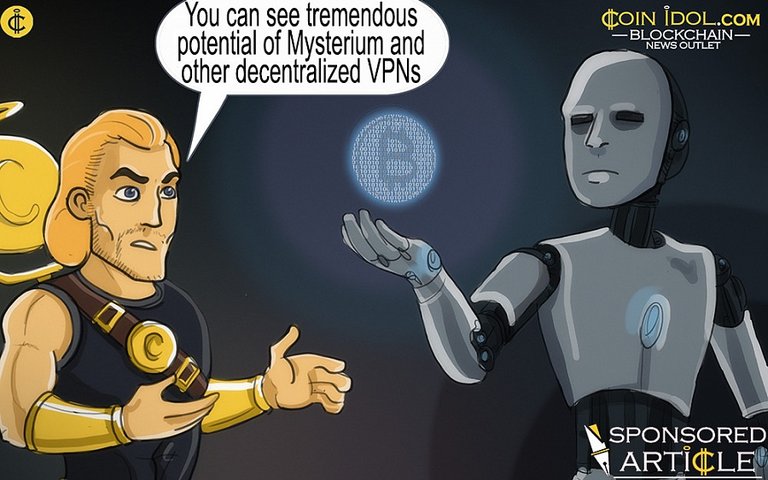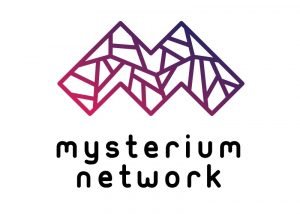
Years ago, when we heard technology enthusiasts talking about IoT, it sounded like a foreign language to us. But nowadays, as technology is developing, this concept is becoming more and more familiar.
Today, many households and businesses are making use of the opportunities IoT provides. That is, communication of individual devices via the Internet, without human intervention. These devices are capable of communicating together via wi-fi or mobile networks such as communicators in security systems, measuring various elements in the home (such as temperature, water meter etc.). But that's just the beginning.
IoT essentially means mutual communication of all electrical equipment, but also other accessories. The amount of data transferred will be huge in this system as well as having efficient network speed requirements. A prototype of the LTE-M network, designed specifically for IoT, was introduced in Barcelona in 2015. As the demand for devices to communicate within IoT increases, the price of the device is decreasing and, at the same time, the low price is allowing the mass deployment of IoT communication chips.
According to IDC, the IoT market will reach over 7 trillion dollars in 2020. One of the problems is that ordinary people do not yet know about IoT, or how it it will benefit us. Here are some examples:
You forgot to lock the door of your apartment? There is no need as your smart locks can do it for you.
Your refrigerator will automatically process your online food shopping as it is knows what you eat, what you need and your buying habits.
The lights in the living room dim to an optimal level because it knows whether you are watching TV or not.
Still, there are many people who do not like the idea that someone else should decide for us. But even these people are not opposed to the idea of using IoT devices for monitoring purposes. They will keep their decisions in their own hands, and will use IoT as an assistant.

IoT opens up a huge opportunity for service providers. One particular IoT weakens data protection and here we get to connect the Mysterium network. Maybe we can all agree that our refrigerator communicating with our freezer to set the optimal temperature will not be interesting to hackers, but, in IoT, there will also be communications that we definitely do not want to go public.
Now we can mention the corporate sector, where protecting data against misuse by competitors is of high importance. You would not want hackers to obtain information about when you leave and return back home each day, being able to tap into your intelligent lock or being able to send private data about your health to your doctor.
Here you can see tremendous potential, using encrypted communications and the potential of Mysterium and other decentralized VPNs. They can then provide secure communication through IoT and the demand for data encryption will increase proportionally with the growing number of smart devices in the network.

Author
Guest Author
Hi! I am a robot. I just upvoted you! I found similar content that readers might be interested in:
https://coinidol.com/iot-protection-with-mysterium-network/
Thanks for the info. IOT industries are on the rise and we are going to have our lives changes soon
LPWA : Cat-M1